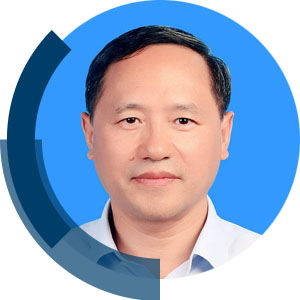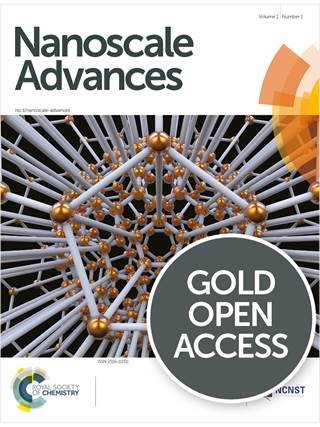Professor Jinlan Wang joins the Associate Editor team
Welcome to Nanoscale and Nanoscale Advances!
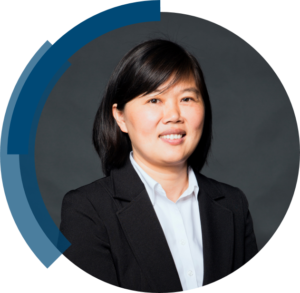
We are delighted to welcome Professor Jinlan Wang, Southeast University, China, as a new Associate Editor working across Nanoscale and Nanoscale Advances.
Jinlan Wang received her Ph.D from Nanjing University, China, in 2002. She subsequently spent three years at Argonne National Laboratory, USA, before joining Southeast University in China in 2006 as a full Professor. She has since developed the computational physics and chemistry group there and is currently a Chief Professor of Southeast University.
Her current research mainly focuses on computational studies and design of two-dimensional materials and clean energy materials, using techniques ranging from machine learning to classical molecular dynamics or different level first-principles methods.
Submit your latest research to Professor Wang’s Editorial Office
Please join us in welcoming Professor Wang to Nanoscale and Nanoscale Advances!
Best wishes,
| Dr Heather Montgomery | Dr Anna Rulka |
| Managing Editor, Nanoscale | Executive Editor, Nanoscale Advances |











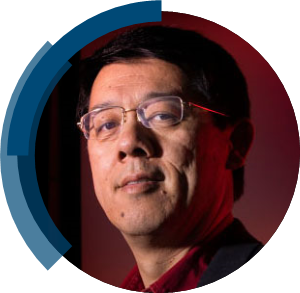
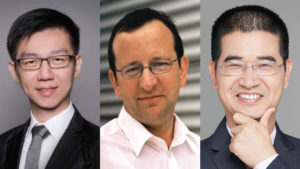

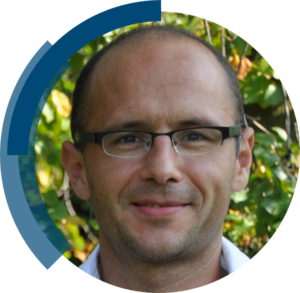
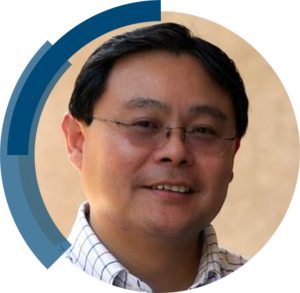 “The development of thermoelectric materials has been considered as a key sustainable solution in dealing with the global energy dilemma by harvesting electricity from waste heat. Nanostructuring is a critical approach to enhance thermoelectric properties and coupled with other strategies, the development of thermoelectric nanostructures has been an active research discipline in exploring high-performance energy materials.
“The development of thermoelectric materials has been considered as a key sustainable solution in dealing with the global energy dilemma by harvesting electricity from waste heat. Nanostructuring is a critical approach to enhance thermoelectric properties and coupled with other strategies, the development of thermoelectric nanostructures has been an active research discipline in exploring high-performance energy materials.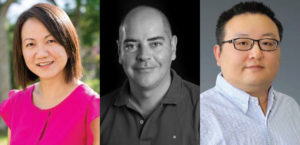 We are delighted to introduce a new themed online collection on the recent advances in plasmonics. This collection is dedicated to the integration of experimental and in silico studies for the advances in plasmonics and for innovative development of efficient plasmonic-based applications in a variety of different fields.
We are delighted to introduce a new themed online collection on the recent advances in plasmonics. This collection is dedicated to the integration of experimental and in silico studies for the advances in plasmonics and for innovative development of efficient plasmonic-based applications in a variety of different fields.